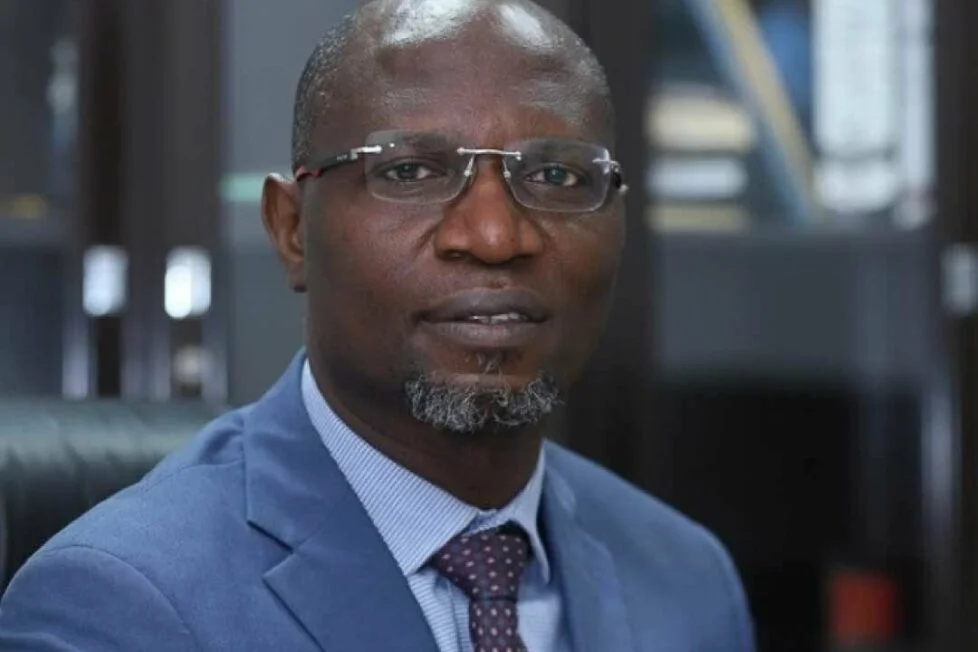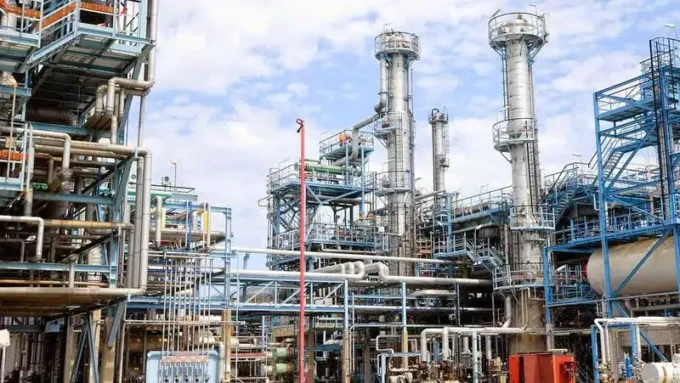Dr. Emomotimi Agama, the Director General of the Securities and Exchange Commission (SEC), has revealed that Collective Investment Schemes (CIS) in Nigeria have surpassed N3 trillion in 2024. During an interaction with reporters in Abuja, Dr. Agama emphasized the significance of these schemes in providing a diversified investment approach for Nigerians, reducing individual investor risk by pooling resources into a variety of assets.
He explained, “In the collective investment schemes, you get a bucket of shares and ask people to invest. Therefore, if you are investing through a collective investment scheme, you probably will be investing in 10 companies via 1 route as different from going to invest directly in any company.” This method not only diversifies investment but also simplifies the process for those who might not fully understand the intricacies of market investment, as professional managers handle the investment decisions.
Dr. Agama also highlighted the role of the capital market in national economic development, particularly through the recapitalization of banks mandated by the Central Bank of Nigeria (CBN) in 2024. Despite initial skepticism about the market’s capacity to support such a large-scale capital increase, the capital market managed to raise over N2.2 trillion, aiding banks in meeting the new regulatory requirements.
He noted, “But of course, the Capital Market came to the rescue. For all of the issuance that happened in the market last year, we were able to raise more than N2 trillion, precisely about N2.2 trillion for the banks, which means the Capital Market is actually the element that helps to galvanize growth and development.”
Beyond banking, Dr. Agama pointed out other institutions that have leveraged the capital market for fundraising. He stressed the importance of the capital market for long-term projects like infrastructure, contrasting it with the short-term nature of the money market. “And the only place you can get long-term capital for infrastructural development is the Capital Market. There has always been this mistake of people going to the money market to loan money that will be used for long-term projects. It is a recipe for failure,” he stated.
He concluded by underscoring that the capital market is indispensable for achieving both governmental and institutional long-term financial goals, thereby playing a pivotal role in economic development.












Do you think this massive investment by the SEC will actually benefit everyday Nigerians, or is it just lining the pockets of the wealthy?
Is this a sign of economic growth or potential risk? Lets discuss the implications of such a massive investment in 2024.
Wow, thats a massive amount! I wonder if all that money will actually benefit the economy or just line the pockets of a few.
Who knew the investment scene was so hot right now? N3 trillion in collective schemes by 2024? Thats wild! 🤯
Wow, thats a huge amount! But do you think its actually beneficial for the economy or just inflating numbers?
I wonder if all that money in investment schemes will actually benefit the average person or just the wealthy elites. 🤔
Do you think these investment schemes will actually benefit the average person, or just line the pockets of the wealthy? #foodforthought